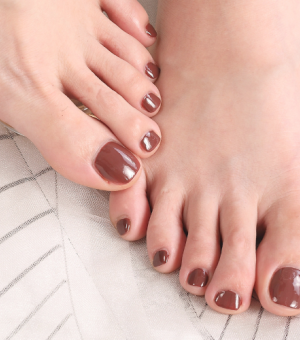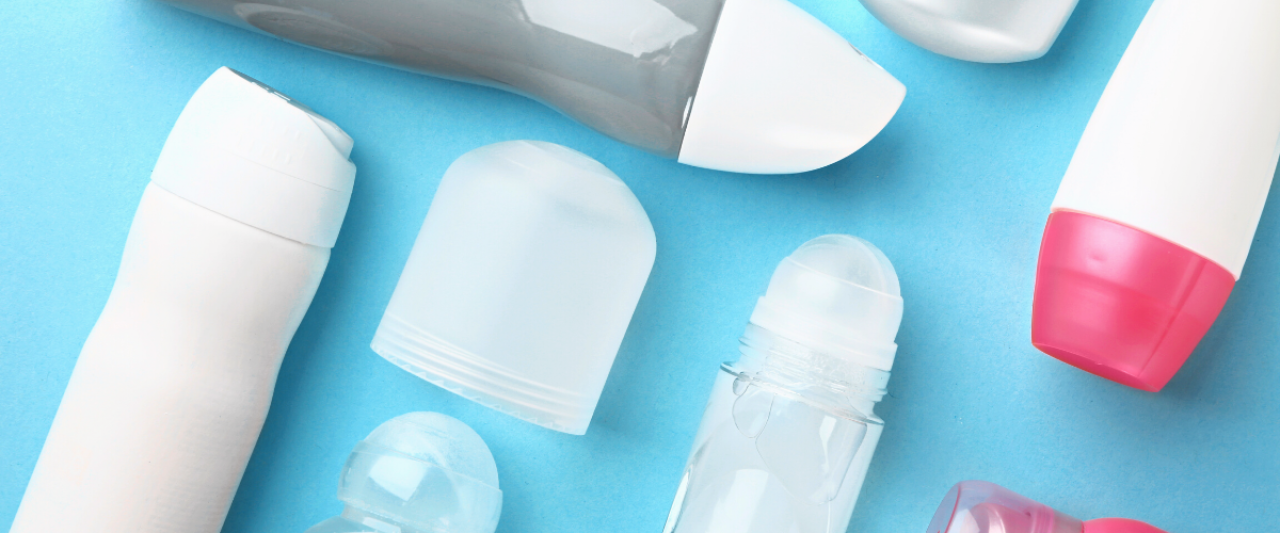Tuesday, August 30, 2022
Control Excessive Feet Sweating
Dr. Marc-André Doré


Tuesday, December 28, 2021
During her recent guest appearance on the Aventures du Pharmachien, dermatologist and founder of dermago, Dr. Emilie Bourgeault, demystified perspiration and the use of antiperspirants with Pharmachien Olivier Bernard.
To answer this question, we must first discuss the two main types of sweat glands.
First, the eccrine glands are found all over the body, although they are more abundant on the palms of the hands and soles of the feet. The sweat produced by these glands consists mainly of water and mineral salts. The main function of sweat from the eccrine glands is thermoregulation, i.e. to cool the body by evaporation.
Then there are the apocrine glands, which are mainly found in the armpits and genital areas. They develop at puberty, under the influence of hormones, and secrete substances that are precursors to odors.
Sweat itself does not really have an odor. However, heavy sweating can create maceration of the skin. This maceration is compounded by bacteria, which contribute to odor.
In some cases, it will be necessary to talk about bromhidrosis. Bromhidrosis is an abnormal or excessive body odor, often associated with hyperhidrosis which is the phenomenon of excessive sweating, also called hypersudation. This strong odor is mainly caused by the decomposition of organic matter contained in sweat and by the presence of fungi or bacteria that grow more easily in a humid environment.
We must not forget the other factors that can accentuate bad odors such as smoking, body hygiene and eating habits.
Even though we often hear that sweating allows us to eliminate waste and toxins, this is not the function of the sweat glands. Other organs such as the liver and kidneys are responsible for eliminating and metabolizing waste in the body. However, certain drugs, heavy metals or even chemotherapy can end up in the glands and be eliminated by them.

Aluminum.
First of all, aluminum. Although some antiperspirants, even the vast majority, contain aluminum, studies show that the percentage contained in over-the-counter products has a fairly negligible absorption rate and therefore does not pose a health risk.
Hair.
There are few studies on the subject. However, we can think that hair creates a more humid environment, thus more favorable to the development of odors.
Cancer.
The increased risk of breast cancer. Studies do not support the theory, so there would be no link between the use of antiperspirants and the increase in breast cancer cases. Instead, the Canadian Cancer Society, suggests that the increase in cases is related to the higher average age of the population and the improved effectiveness of screening.
For most people, the products sold on the market are effective, it only remains to choose the desired aroma. Natural antiperspirants can be used if they are suitable for you and do not create irritation due to the essential oils in the product.
A word of advice! Antiperspirants are more effective if applied at night. Indeed, since the body sweats less at night, it allows the ingredients to better penetrate the glands.
If you think you suffer from hyperhidrosis or bromhidrosis, consult your doctor or a dermatologist, who will be able to suggest products adapted to your condition.
Information taken from the episode of Aventures du Pharmachien, broadcast on December 24, 2021 on ICI tou.tv.
Les antisudorifiques | Les aventures du Pharmachien | ICI Explora (exploratv.ca) (in french only)
Looking to learn more?
Tuesday, August 30, 2022
Dr. Marc-André Doré
